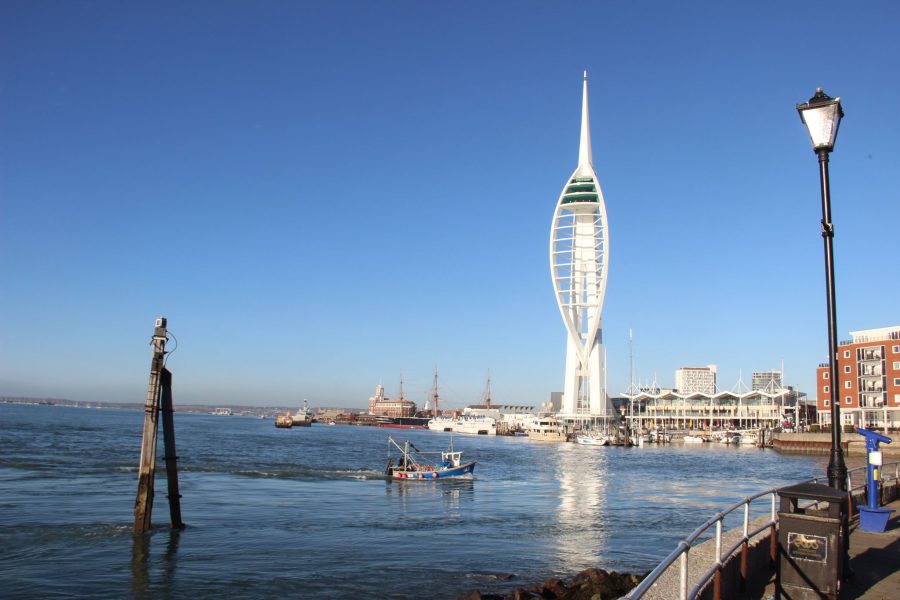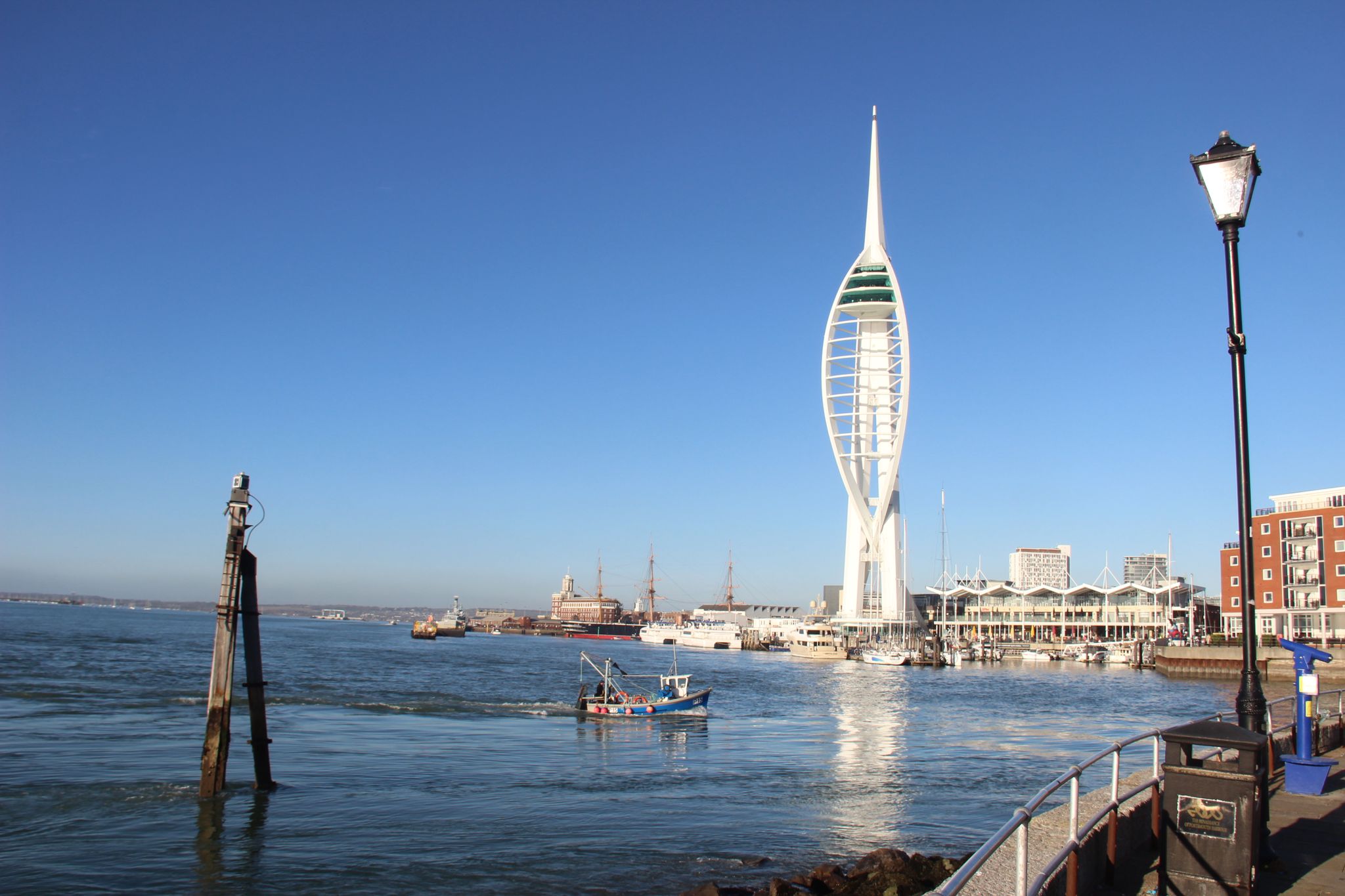
Portsmouth pays tribute to 647 South Africans who died on SS Mendi in First World War
The tragedy of the SS Mendi was marked on Tuesday (21 Feb) by the people of Portsmouth, in the UK, with a memorial service for the 647 men, mainly black, who lost their lives in the English Channel on the way to France to fight for the allied forces in the First World War. South […]

The tragedy of the SS Mendi was marked on Tuesday (21 Feb) by the people of Portsmouth, in the UK, with a memorial service for the 647 men, mainly black, who lost their lives in the English Channel on the way to France to fight for the allied forces in the First World War.

South African expats, living in the British port city, also paid a heartfelt tribute to those brave men whose ship was sunk accidentally 106 years ago when another ship (SS Darro), double its size, crashed into it during heavy fog.
Ronel and Anton van Zyl visited the SS Mendi Memorial plaque in Portsmouth, on which is inscribed the famous, brave and big-hearted quote by Reverend Isaac Wauchope Dyobha. As the ship was sinking on that fateful day in 1917, the Reverend called on the men to be calm and accept that “we are all going to die, and that is what we came for”. He also reminded them they were all brothers, whether they be Zulu (as he was), Xhosa, Swazi, Pondo, Basotho or anything else.
“Let us die like warriors. We are the sons of Africa. Raise your war cries my brothers, for though they made us leave our assegais back in the kraals, our voices are left with our bodies…”

Ronel told SAPeople:
“We played the Last Post while standing there at 11am. People came to see the plaque, and read it after we walked away. It’s a history not many people know about.”
At the memorial service, held beside the graves of some of the men of the 5th Battalion of the SA Native Labour Corps, Portsmouth’s Lord Mayor Hugh Mason said it had been a “disaster that I think brought shame onto some parts of our merchant navy (who did not stop after the accident to see if there were any survivors) – a disaster that deserves to be remembered, which will be remembered in this city. It is worth remembering both for the men who died and also for the way in which they died.
“They died as brothers, together. They were from different cultures, heritages and places, but in death they were all brothers.”
The services was led by Reverend Canon Bob White at the Milton Cemetery in Portsmouth, with army veterans, serving personnel and other dignitaries, according to The News, Portsmouth. (It can be watched here.)


Back home in South Africa President Cyril Ramaphosa officiated over the annual Armed Forces Day, held to pay tribute to the SS Mendi soldiers and all those who have lost their lives in the line of duty, and to celebrate those currently serving.
Ramaphosa said: “As the Commander-in-Chief, I commend the good work you are doing as men and women in uniform.
“As we gather to honour the serving members of our armed forces, those who have served in the past and those who have fallen over the years, we are reminded that we stand on the shoulders of patriots such as Reverend Isaac Wauchope Dyobha who, when confronted with death aboard the SS Mendi, led his countrymen in song.
“We are inspired by their bravery as we stand here in the face of grave challenges confronting our society.”
The Veterans’ Foundation in the UK said:
“?We remember the 607 men of the South African Native Labour Corps, that lost their lives on this day in 1917.
“The SS Mendi, the ship they were travelling on, sank after it was struck by the larger mail ship SS Darro in thick fog.
“The men were travelling to France, where they were due to serve as essential labour support to the ongoing fighting. It was a national tragedy in South Africa.
“Lest we forget. ?”
SS Mendi: Portsmouth remembers First World War tragedy with memorial service 106 years on https://t.co/PsdlWBaEy7
— The News, Portsmouth (@portsmouthnews) February 21, 2023
